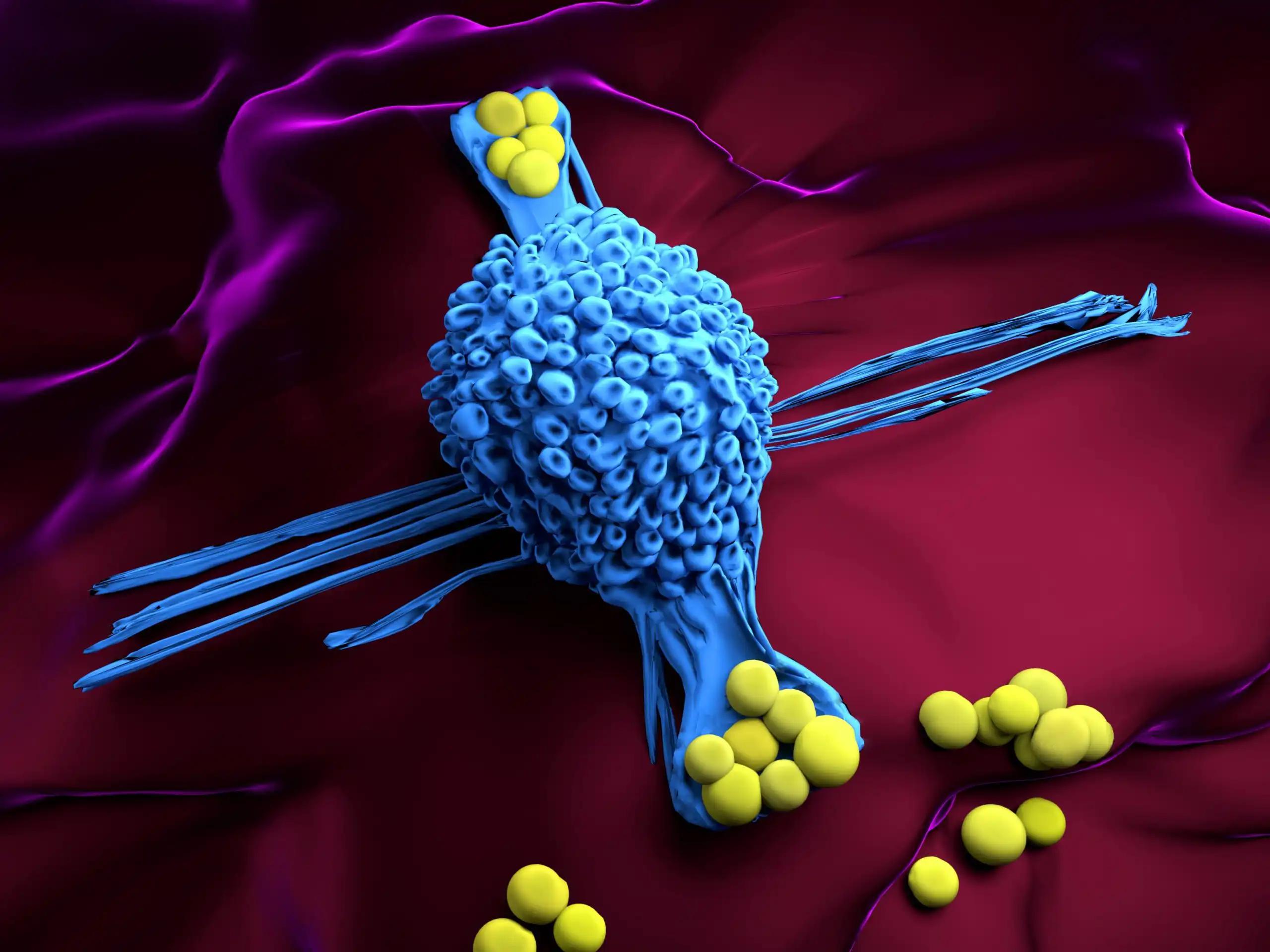KEY TAKEAWAYS
- The I-STOP trial aimed to assess the long-term safety and effectiveness outcome of single-agent ICI treatment in aNSCLC patients.
- Extended ICI treatment showed sustained effectiveness with low progression rates, warranting further investigation through ongoing follow-up.
There’s limited data on the ideal duration of immune checkpoint inhibitors (ICI) treatment in advanced non small cell lung cancer (aNSCLC), particularly within real-world contexts.
M. Gemelli and the team aimed to evaluate the safety and effectiveness of single-agent ICI treatment in aNSCLC patients for at least 24 months across 17 Italian centers, with Cohort 1 consisting of patients continuing treatment beyond 24 months by clinical choice, and Cohort 2 including patients discontinuing treatment at 24 months, allowing for one loco-regional procedure for oligo-progressive disease (PD).
About 100 patients were enrolled in the study. The majority received ICI as first-line treatment (60%). Notably, 37 patients underwent radiotherapy for oligo-progressive disease, 36 had an ECOG PS of 2 or higher, and 19 achieved stable disease as the best response.
Of these patients, 73 continued ICI treatment after 24 months (C1), while 27 discontinued treatment (C2). Following a median follow-up of 48.5 months (range 40.0-62.7) from the initiation of ICI, immune-related adverse events (irAEs) were reported in 41% (30 patients) and 37.5% (9 patients) in C1 and C2, respectively, with thyroid dysfunction being the most common.
No grade 3-4 events were reported after the 24-month treatment period, and no patients in C1 discontinued treatment due to irAEs after 24 months. Median progression-free survival (mPFS) and overall survival (mOS) were not reached in either cohort; progression was observed in 16 patients (21.9%) in C1 and 5 patients (20.8%) in C2, 2 patients (2.7%) in C1 died due to disease progression, while none did in C2 and 2 patients (8.3%) with disease progression in C2 underwent ICI rechallenge and remain on treatment.
ICI exhibited efficacy extending beyond 24 months, with minimal progression even among patients ceasing treatment at 24 months. Ongoing enrollment and follow-up aim to further elucidate cohort disparities.
The trial is sponsored by University of Milano Bicocca.
Clinical Trial: https://clinicaltrials.gov/study/NCT05418660
Gemelli M, Sala E, Trevisan B, et al. (2024). “Observational retro-prospective study on immune checkpoint inhibitors (ICIs) treatment duration in patients with advanced non-small cell lung cancer (aNSCLC) (I-STOP study).” Presented at ELCC 2024, Annals of Oncology (2024) 9 (suppl_3): 1-53. 10.1016/esmoop/esmoop102569 (91P).



